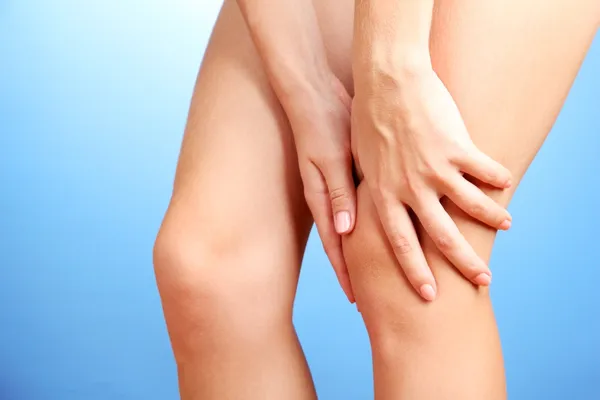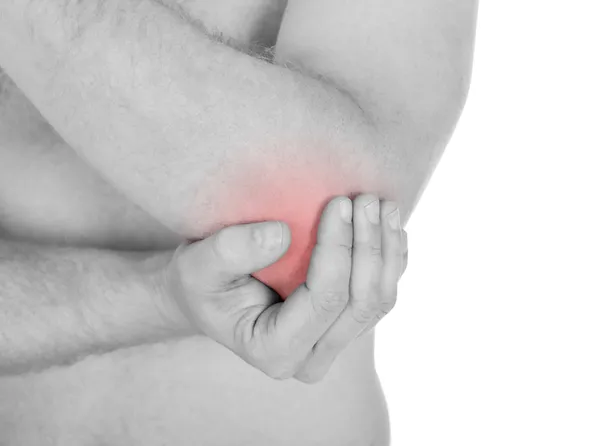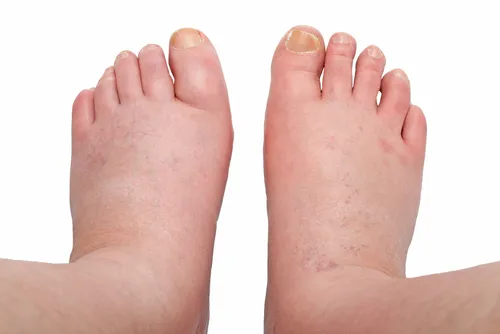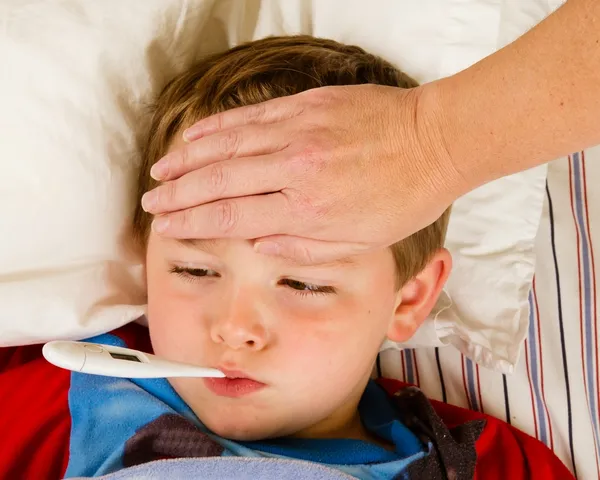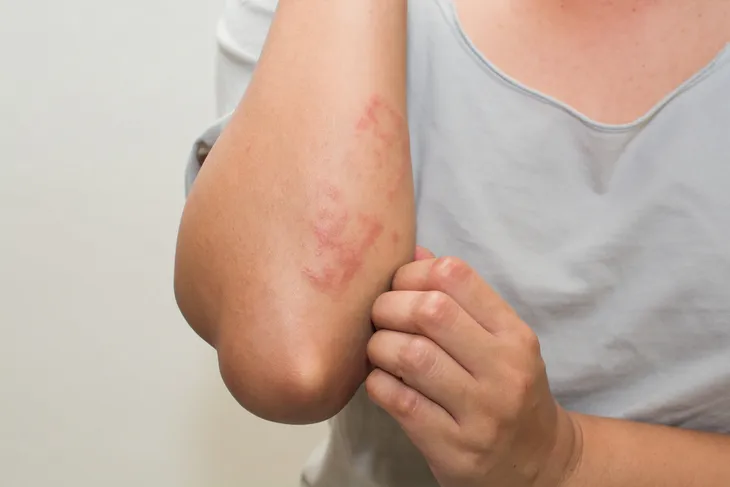Parents of children know one thing all too well: kids get sick, and they tend to get sick pretty often. The good news is that most children rebound quickly, thanks to the generally resilient immune systems of young people. Parents often acquire the illnesses spread by their children and rarely is their rebound time so short.
Unfortunately, not all illnesses are easy for children to overcome. And some, like juvenile rheumatoid arthritis, can initially appear like a fairly common illness — such as a head cold — but simply refuse to go away, leaving children uncomfortable for a prolonged period of time. So, how can you tell if a child has just a head cold or something more serious, like juvenile arthritis? Let’s take a look at some common symptoms of the latter condition.
1. Joint pain
Joint pain is rarely associated with children; instead, it’s generally considered an adult problem that develops as people progress from middle age into their later years. But there are a few common health conditions, like the flu, that can leave children complaining about achy joints. Of course, some kids may complain of experiencing joint pain after engaging in extensive physical activity, such as playing sports with friends.
But this joint pain should pass within a few days, at most. Should a child complain of significant joint pain for a longer period of time, such as a week or more, parents should consider taking them to a physician, who can carry out a number of simple tests to see if the problem is related to juvenile rheumatoid arthritis.
2. Stiff joints
Joint pain is one major symptom of juvenile rheumatoid arthritis. But another sign of this condition is joint stiffness, or the inability of a child to easily move their joints around.
This symptom can become visible in a few different ways. First, it tends to emerge first thing in the morning. Second, it can prevent a child from comfortably adjusting their legs, or holding an arm or leg in a position for any period of time. Finally, joint stiffness can become visible as a child tries to perform a simple function, such as using cutlery to eat their food. Should you observe a child struggling with their flexibility, ask your family doctor about juvenile rheumatoid arthritis.
3. Sudden weight loss
Healthy children should gain weight at a steady rate throughout their early years and into the teenage period. Of course, some will gain more, others less — for parents, concerns should arise if the weight gain or weight loss is particularly rapid, meaning it becomes visible over weeks or a few months.
Should a child complain about feeling excessively nauseous, tired, or achy — especially in and around the joints — at the same time they’re losing a substantial amount of weight, it’s possible this is a sign of juvenile rheumatoid arthritis. If this combination of symptoms sounds familiar, speak with your family doctor about the matter.
4. Swelling of the skin
Determining if a child’s joint stiffness or pain is a sign of juvenile rheumatoid arthritis or something less sinister — such as a common cold — can be rather difficult. One way for parents to detect the existence of arthritis is by closely examining the skin around their child’s joints.
If the skin in this area is red and actually feels warm or event hot to the touch, this could be a sign that the child is struggling with juvenile rheumatoid arthritis. Concern about this swelling should increase if the child continues to complain about joint stiffness and pain and the swelling does not go down after a few days. Parents observing this swelling of the joints should speak with their family doctor right away.
5. Fever
Parents know that kids get fevers all the time. But how do you know if a fever is an indication that something is really wrong with a child? How can a parent know that their child’s fever is a sign of juvenile rheumatoid arthritis?
The answer is fairly simple: if the fever accompanies the other symptoms associated with juvenile rheumatoid arthritis — like joint pain, stiffness and swelling — then it’s time to talk to a doctor. If, however, the fever is accompanied by symptoms associated with the common cold, such as stuffy nose, coughing, and nausea, then it’s less likely arthritis is the culprit.
6. Rashes
Kids and rashes go hand in hand, particularly when they’re very young and still in diapers. This close-knit connection between children and rashes can continue, however, once they start walking — take, for example, how many children receive rashes after coming across poison ivy. Children can also develop rashes if they’re allergic to a medication or something in their diet.
But skin rashes can actually be an indication that a child is beginning to experience the symptoms of juvenile rheumatoid arthritis. If this is the case, the rashes will appear faint and pink and over various parts of the body. And while the rashes themselves may not appear particularly dark or intense, they could last for weeks and present the child with significant discomfort.

